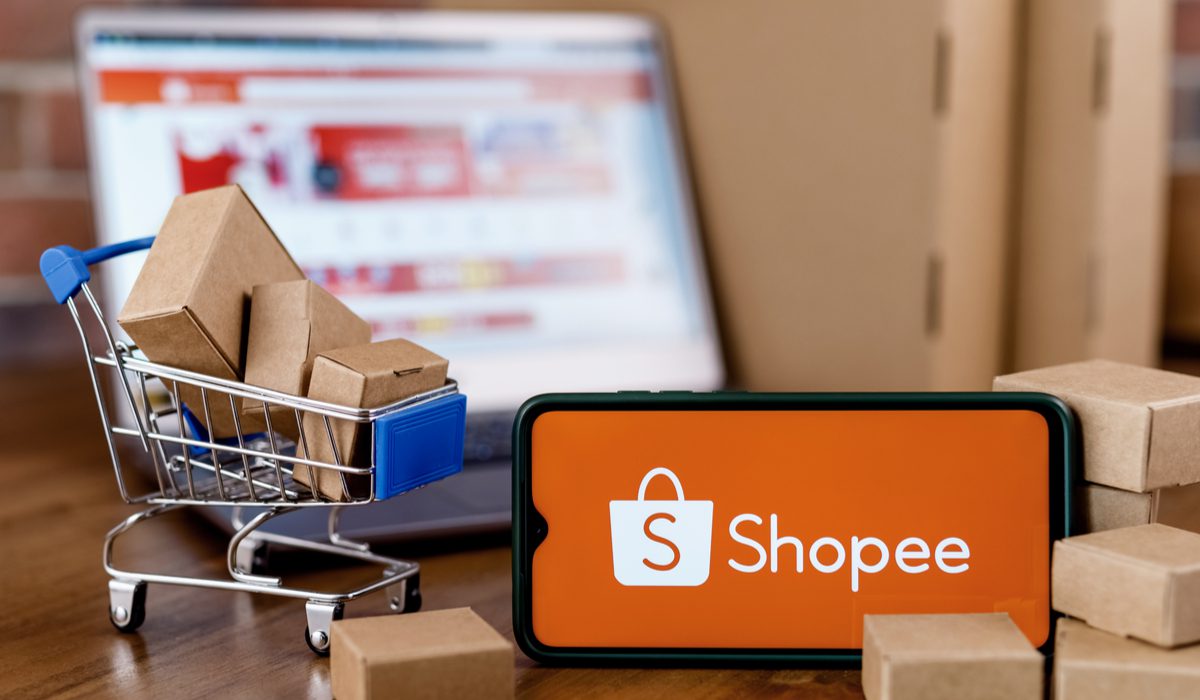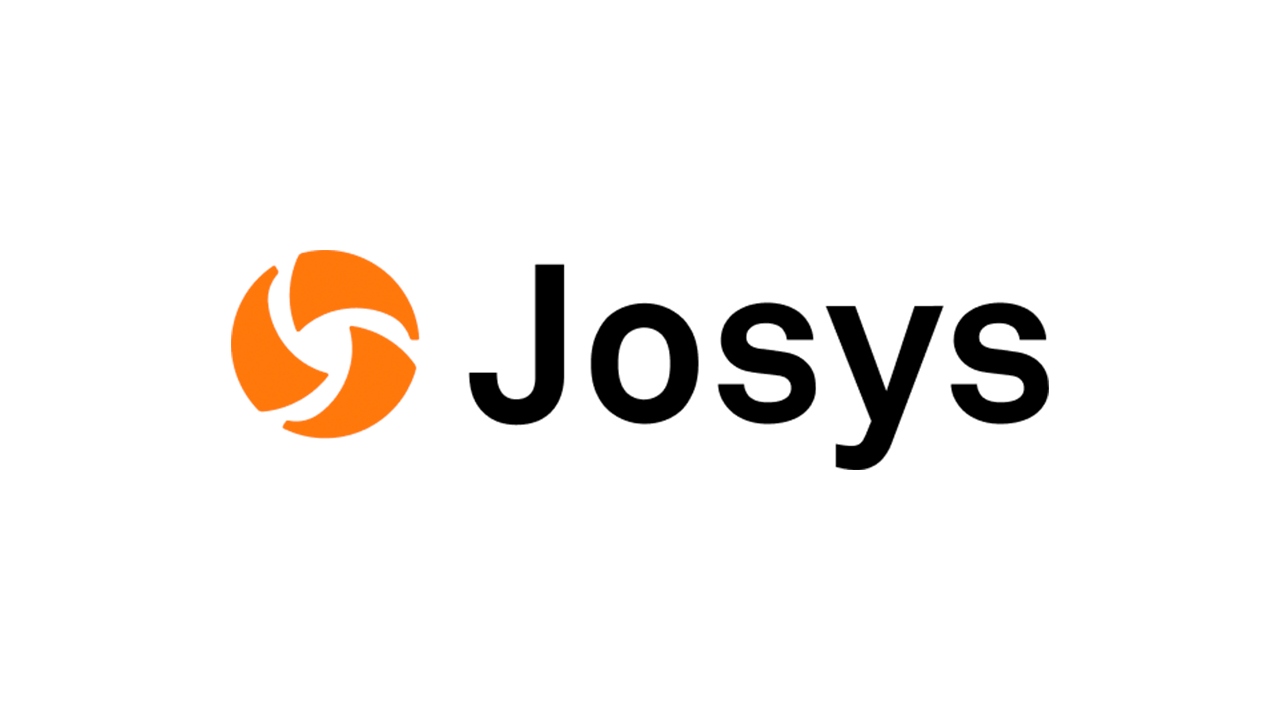yiyun
-

Line Man Wongnai Becomes Thailand’s Latest Unicorn After Securing $265 Million In Funding
In Line Man Wongnai’s latest funding round, Line Man Wongnai announced that they raised $265 million in a Series B funding round which values the company at over $1 billion, securing the company’s position as…
-

TikTok’s Failure To Protect Children’s Privacy Lands In £27 Million Fine In The UK
TikTok, a Chinese short video platform, is quite popular among young users, which has led to a slew of privacy-related issues. The UK’s Information Commissioner’s Office (ICO) found the video-sharing platform may have processed the…
-

$75 Million Raised in Series C Funding Round by Insurtech Startup Zopper
Insurtech platform Zopper, which is run by Solvy Tech Solutions, has raised $75 million from investors to fund its expansion plan. The funding round was led by Creaegis, which saw the participation from ICICI Venture…
-

Singaporean Multinational E-Commerce Company Shuts Down Operations In Four Latin Countries
According to multiple sources, Shopee has shut down local operations in four Latin countries, mainly Chile, Colombia, and Mexico, while leaving Argentina entirely. The Singapore-based company will maintain cross-border operations in the first three markets…
-

Japan-based B2B platform JOSYS secures $32 Million Series A for its SaaS management platform
Josys, Japan headquartered B2B platform, has raised $32 Million in a Series A investing round. The round was led by Global Brain Corporation, ANRI, Yamauchi-No.10 Family Office, Office Holdings, World Innovation Lab, and other venture…





